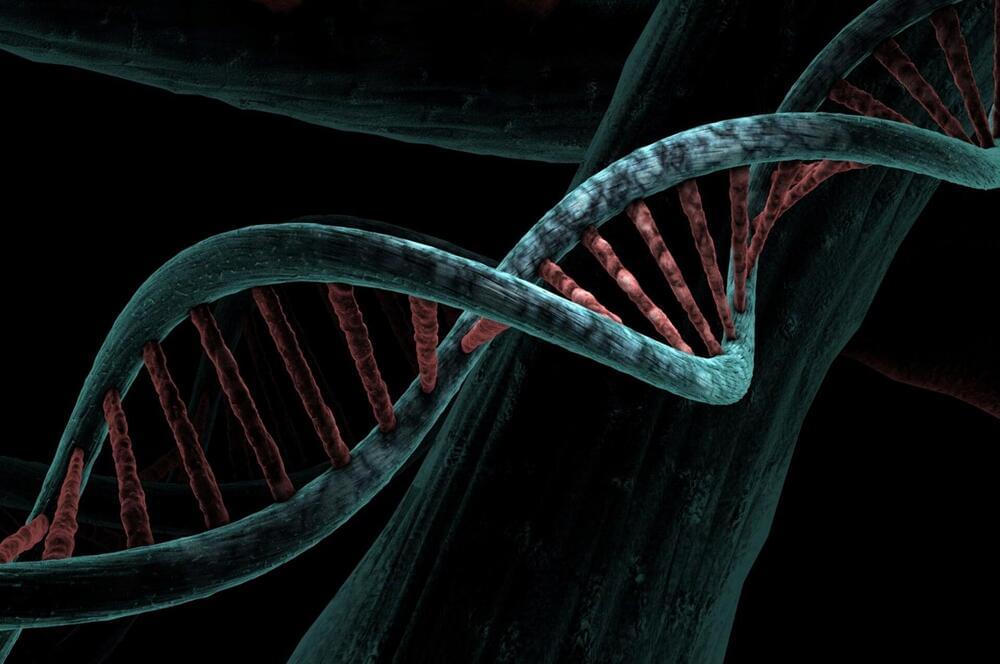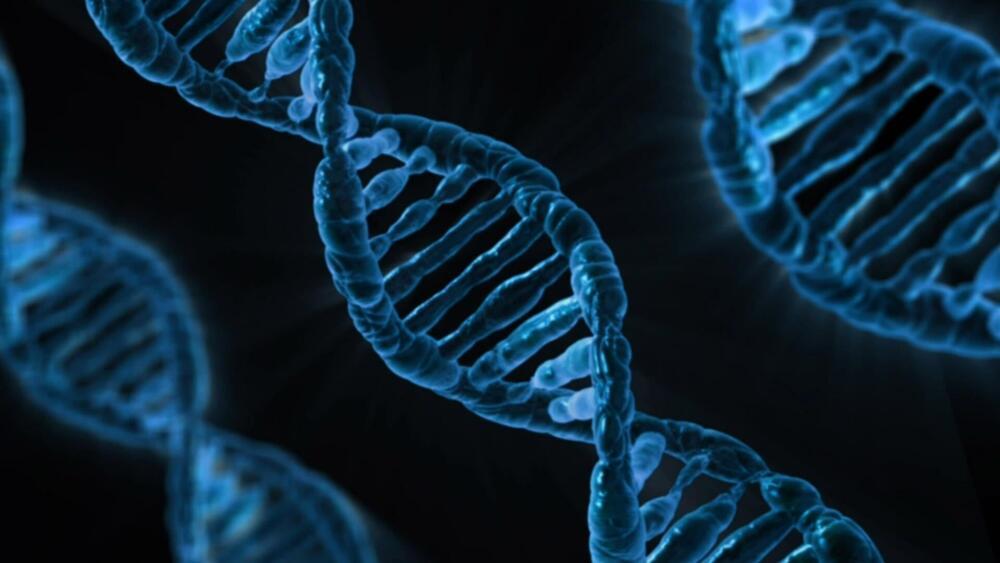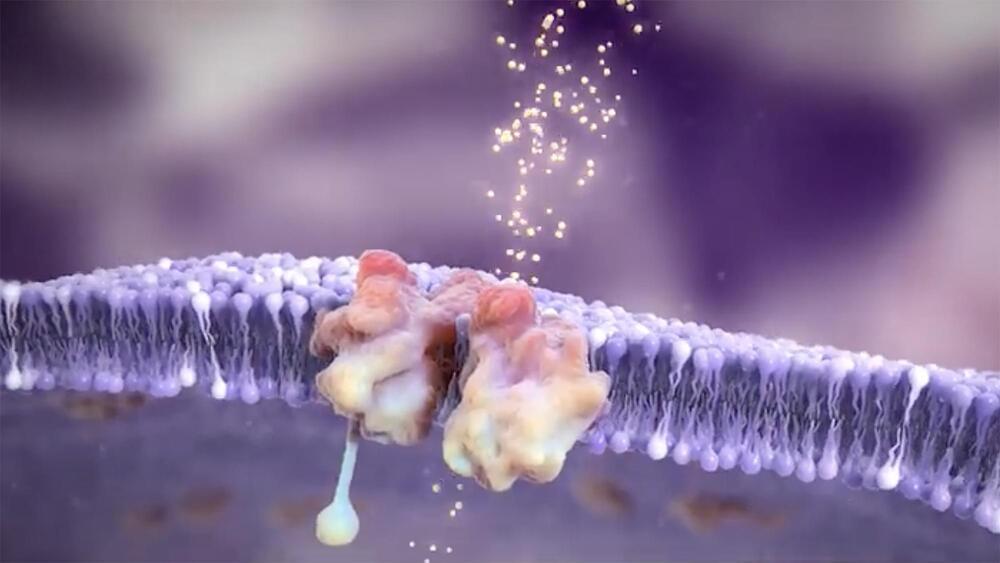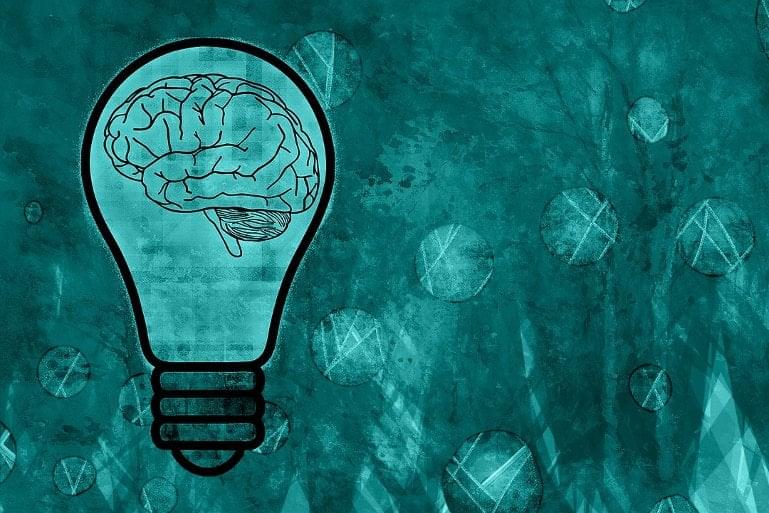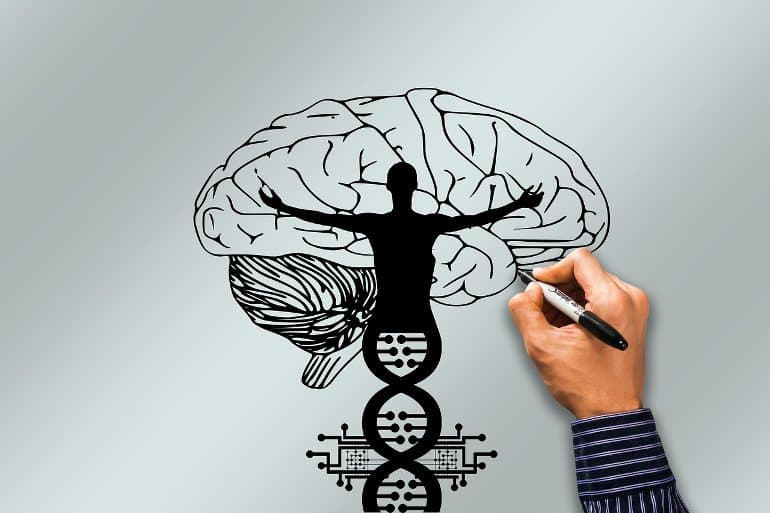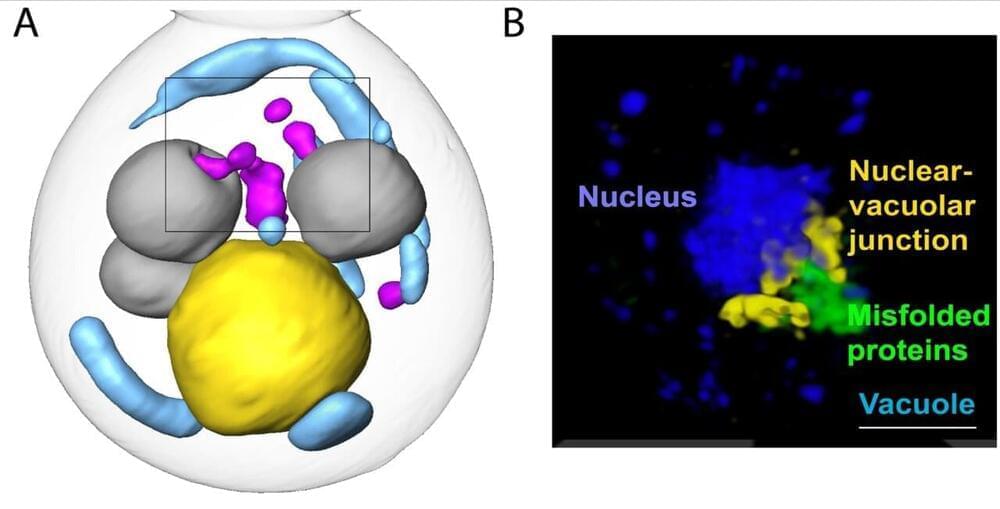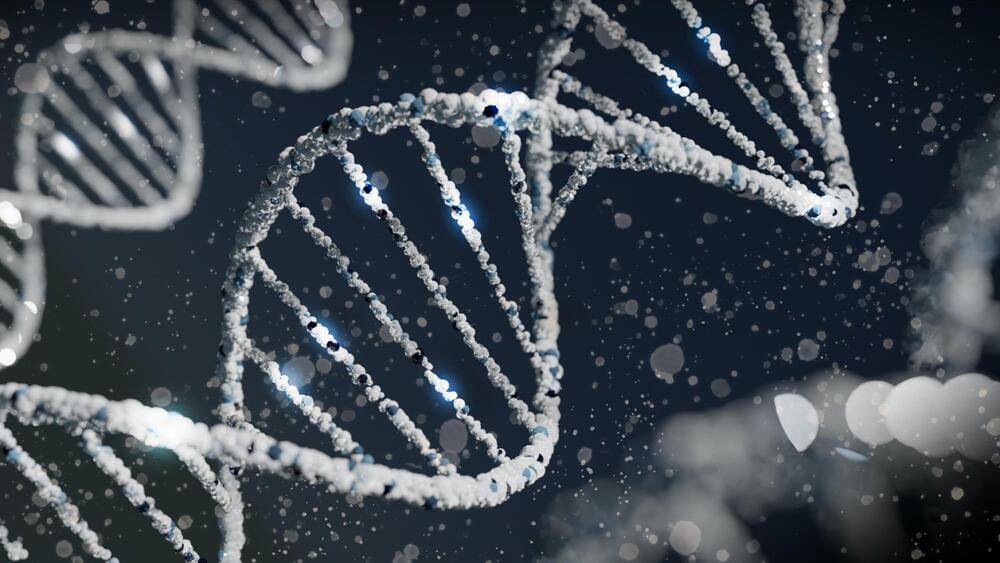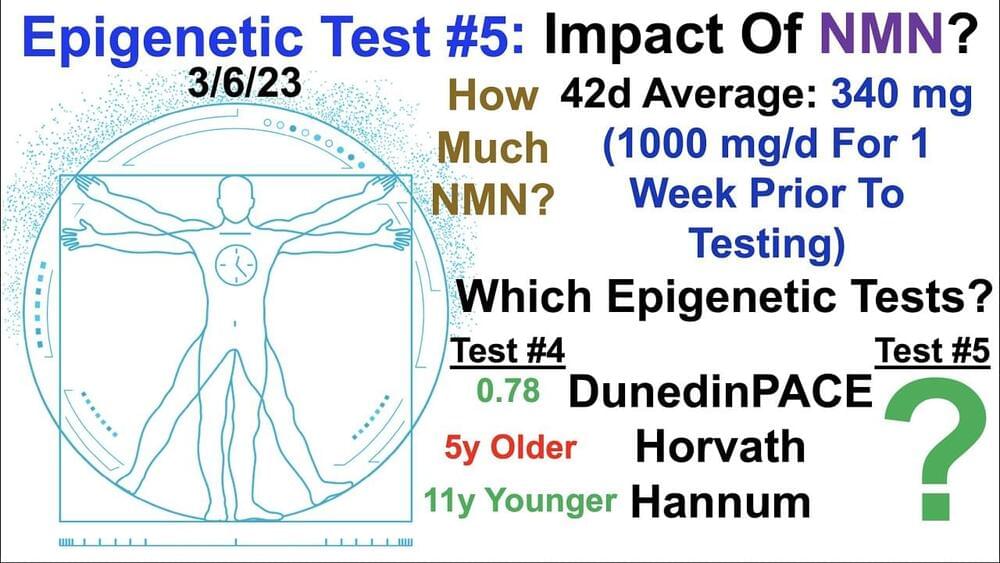Apr 27, 2023
Genomes from 240 mammalian species reveal what makes the human genome unique
Posted by Saúl Morales Rodriguéz in categories: biotech/medical, evolution, existential risks, genetics, health
Over the past 100 million years, mammals have adapted to nearly every environment on Earth. Scientists with the Zoonomia Project have been cataloging the diversity in mammalian genomes by comparing DNA sequences from 240 species that exist today, from the aardvark and the African savanna elephant to the yellow-spotted rock hyrax and the zebu.
This week, in several papers in a special issue of Science, the Zoonomia team has demonstrated how comparative genomics can not only shed light on how certain species achieve extraordinary feats, but also help scientists better understand the parts of our genome that are functional and how they might influence health and disease.
In the new studies, the researchers identified regions of the genomes, sometimes just single letters of DNA, that are most conserved, or unchanged, across mammalian species and millions of years of evolution—regions that are likely biologically important. They also found part of the genetic basis for uncommon mammalian traits such as the ability to hibernate or sniff out faint scents from miles away. And they pinpointed species that may be particularly susceptible to extinction, as well as genetic variants that are more likely to play causal roles in rare and common human diseases.
